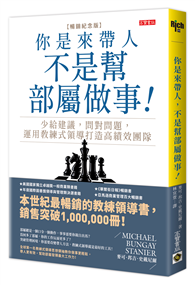Born the year World War I began, acclaimed poet William Stafford (1914-1993) spent World War II in a camp for conscientious objectors. Throughout a century of conflict he remained convinced that wars simply don’t work. In his writings, Stafford showed it is possible?and crucial?to think independently when fanatics act, and to speak for reconciliation when nations take sides. He believed it was a failure of imagination to only see two options: to fight or to run away.
This book gathers the evidence of a lifetime’s commitment to nonviolence, including an account of Stafford’s near-hanging at the hands of American patriots. In excerpts from his daily journal from 1951-1991, Stafford uses questions, alternative views of history, lyric invitations, and direct assessments of our political habits to suggest another way than war. Many of these statements are published here for the first time, together with a generous selection of Stafford’s pacifist poems and interviews from elusive sources.
Stafford provides an alternative approach to a nation’s military habit, our current administration’s aggressive instincts, and our legacy of armed ventures in Europe, the Pacific, Korea, Vietnam, the Persian Gulf, Afghanistan, and beyond.
This book gathers the evidence of a lifetime’s commitment to nonviolence, including an account of Stafford’s near-hanging at the hands of American patriots. In excerpts from his daily journal from 1951-1991, Stafford uses questions, alternative views of history, lyric invitations, and direct assessments of our political habits to suggest another way than war. Many of these statements are published here for the first time, together with a generous selection of Stafford’s pacifist poems and interviews from elusive sources.
Stafford provides an alternative approach to a nation’s military habit, our current administration’s aggressive instincts, and our legacy of armed ventures in Europe, the Pacific, Korea, Vietnam, the Persian Gulf, Afghanistan, and beyond.












